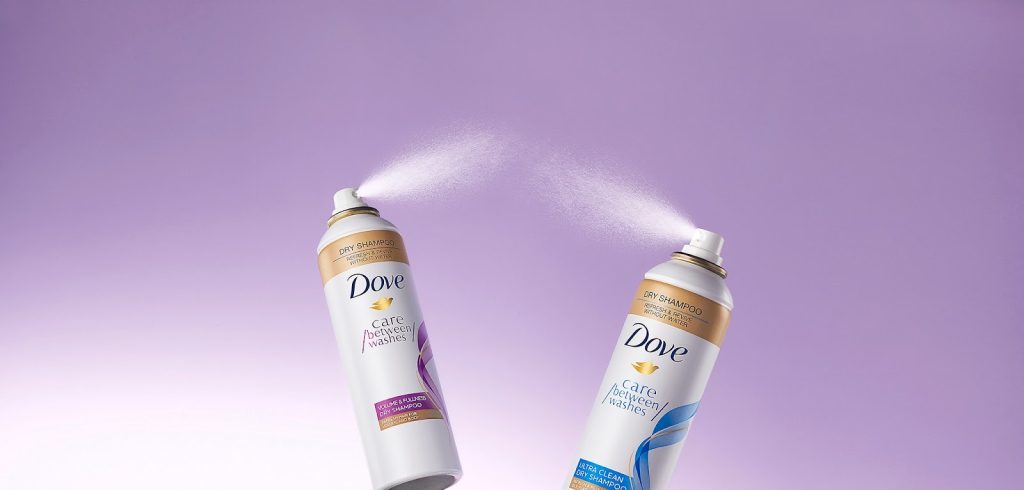According to a new independent study, top-selling dry shampoos such as Not Your Mother’s and Church & Dwight Co.’s Batiste contain high levels of benzene, the cancer-causing chemical that prompted Unilever to pull its product from shelves in October.

Valisure, a New Haven, Connecticut-based analytical laboratory, tested 148 batches of spray-on dry shampoo from 34 brands and discovered that 70% contained benzene. Certain blood cancers, such as leukaemia, can be caused by the chemical. The company petitioned the US Food and Drug Administration on Monday to have the products containing the substance recalled.
The findings raise concerns that over-the-counter products sold in pharmacies and grocery stores across the United States may pose previously unknown health risks. Valisure has discovered benzene in popular spray sunscreens, antiperspirants, and hand sanitizers over the last year. Stores have removed the products from their shelves, while regulators and manufacturers are investigating whether impurities are slipping through the cracks in a complex supply chain.
The most benzene was found in a popular brand called Not Your Mother’s, which advertises “clean, quality ingredients.” Other brands found to have elevated benzene levels included Batiste, Sun Bum, and John Paul Mitchell Systems.
Valisure’s petition did not include dry shampoos already recalled for elevated benzene levels, such as Unilever’s Dove, Suave, and Bed Head, as well as Procter & Gamble’s Pantene and Herbal Essences. According to the study, the benzene levels found in some of the dry shampoos (used to refresh hair between washes) are significantly higher than in any other personal-care product tested by Valisure.
Valisure discovered high levels of benzene in spray sunscreens, including versions of Johnson & Johnson’s Neutrogena products; aerosol antiperspirants, including Procter & Gamble’s Secret and Old Spice brands; and some hand sanitizers introduced to the market at the start of the coronavirus pandemic in 2020.
The supply chains that bring grooming products to consumers are complex, global endeavours, making it difficult to pinpoint exactly where the toxins are introduced.
Valisure discovered high levels of benzene in spray sunscreens, including versions of Johnson & Johnson’s Neutrogena products; aerosol antiperspirants, including Procter & Gamble’s Secret and Old Spice brands; and some hand sanitizers introduced to the market at the start of the coronavirus pandemic in 2020.
The supply chains that bring grooming products to consumers are complex, global endeavours, making it difficult to pinpoint exactly where the toxins are introduced.
Valisure has been testing for benzene in personal-care products for some time, but the researchers took a deeper dive with their dry-shampoo probe. The lab collaborated with Syft Technologies, a company that designs and sells trace gas analysis equipment, to conduct direct air-measurement tests that can capture benzene levels more precisely. Syft is based in New Zealand and has an office in Pittsburgh.
